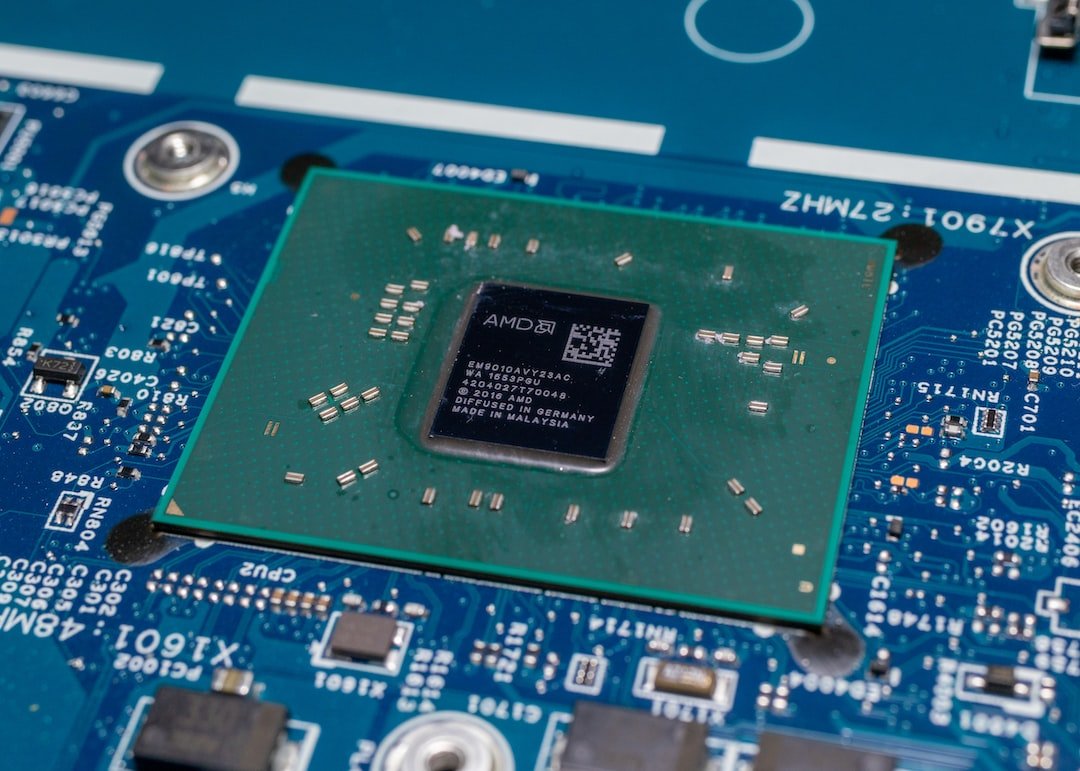Introduction
In today’s fast-paced world, the ability to work remotely has become crucial for many industries, including the medical field. With the rise of telecommuting in healthcare, it is essential to ensure that patient data remains secure and protected. In this article, we will explore the importance of secure VPN routers for medical telecommuting and how they can help safeguard sensitive patient information.
Why is Data Security Important in Medical Telecommuting?
Imagine a scenario where medical professionals are working remotely, accessing patient records, and communicating with colleagues using a home network. In this situation, without proper security measures in place, sensitive patient data could be vulnerable to hacking, data breaches, or unauthorized access.
Data security is paramount in the medical field due to the sensitive nature of patient information. Protecting patient data is not only a legal requirement but also an ethical obligation for healthcare professionals. Any breach in data security can result in serious consequences, such as identity theft, compromised treatment plans, or damage to a healthcare organization’s reputation.
How Do VPN Routers Ensure Data Security?
A VPN (Virtual Private Network) establishes an encrypted connection between a user and a network, ensuring the privacy and security of data transmitted over the internet. VPN routers take this security measure a step further by providing a dedicated hardware solution that integrates VPN functionality into the router itself.
By using a VPN router for medical telecommuting, healthcare professionals can establish a secure and private network connection from their home network to their organization’s network or other authorized networks. This ensures that all online activities, including accessing patient records, transferring files, or communicating with colleagues, are protected from potential threats.
VPN routers encrypt data before it leaves the device, safeguarding it from interception or unauthorized access. Additionally, these routers have built-in firewalls and other security features, further mitigating the risk of cyber threats. This multi-layered approach to security significantly reduces the chance of data breaches and ensures patient privacy.
Benefits of Secure VPN Routers for Medical Telecommuting
1. Enhanced Data Privacy
The primary benefit of using secure VPN routers for medical telecommuting is the enhanced data privacy they provide. By encrypting data, these routers make it nearly impossible for unauthorized individuals to decipher or access sensitive patient information. This ensures that patient records and other confidential data remain confidential, even when transmitted over an unsecured network.
2. Secure Remote Access
With secure VPN routers, healthcare professionals can securely access their organization’s network remotely. This allows them to view patient records, participate in virtual meetings, and collaborate with colleagues, all while keeping sensitive data protected. By providing a secure gateway to the organization’s network, VPN routers make remote work seamless and efficient.
3. Regulatory Compliance
The medical field is subject to strict regulations and compliance requirements concerning patient data privacy. Failure to comply with these regulations can lead to severe penalties and legal consequences. Secure VPN routers help organizations meet these compliance requirements by ensuring data security and privacy, thereby reducing the risk of non-compliance.
4. Protection Against Cyber Threats
With the increasing frequency of cyberattacks targeting the healthcare sector, utilizing secure VPN routers becomes crucial. These routers provide an additional layer of protection against malware, phishing attempts, and other cyber threats. By securing the network connection, VPN routers significantly reduce the risk of data breaches and protect against unauthorized access.
5. Peace of Mind
Knowing that patient data is secure and protected while working remotely provides peace of mind to healthcare professionals. It allows them to focus on their work without worrying about the potential consequences of unauthorized access or data breaches. This not only enhances productivity but also ensures that patient confidentiality remains intact.
Conclusion
Securing patient data is of utmost importance in the medical field, especially when telecommuting. Secure VPN routers provide a robust solution to protect sensitive information, allowing healthcare professionals to work remotely without compromising patient privacy. By encrypting data, establishing secure connections, and providing additional layers of protection, VPN routers ensure that patient data remains safe from malicious attacks or unauthorized access.
Implementing secure VPN routers for medical telecommuting is not only a best practice but also a crucial step towards regulatory compliance, reputation management, and peace of mind for healthcare organizations and professionals alike. By prioritizing data security, healthcare professionals can continue to deliver quality care in a digital world while safeguarding patient confidentiality.
FAQ
| Question | Answer |
|---|---|
| How do I set up a secure home network for medical telecommuting? | To set up a secure home network for medical telecommuting, follow these steps: 1. Start with a reliable and secure router that supports VPN functionality. Consider routers that have built-in firewalls and advanced security features. 2. Change the default administrator password for your router to a strong, unique password. 3. Enable WPA2 or WPA3 encryption on your Wi-Fi network to protect wireless communications. 4. Regularly update your router’s firmware to ensure the latest security patches are applied. 5. Create a separate guest network for visitors to ensure they do not have access to your sensitive data. 6. Use strong, unique passwords for your Wi-Fi network and any connected devices. 7. Consider enabling two-factor authentication for added security. 8. Regularly scan your network for vulnerabilities and actively monitor for any suspicious activity. For a comprehensive guide on setting up a secure home network, visit home-network-setup.com. |
| What should I do if I experience router issues while telecommuting? | If you experience router issues while telecommuting, follow these troubleshooting steps: 1. Restart your router by turning it off, waiting for a few seconds, and then turning it back on. 2. Check the physical connections and cables to ensure they are properly connected. 3. Update your router’s firmware to the latest version. 4. Reset your router to its factory settings if all else fails. 5. If the problem persists, contact your internet service provider or consult the router’s user manual for further guidance. For more in-depth troubleshooting tips, visit router-troubleshooting.com. |
| What are the compliance requirements for medical telecommuting? | Compliance requirements for medical telecommuting may include: 1. HIPAA (Health Insurance Portability and Accountability Act) compliance to protect patient health information. 2. GDPR (General Data Protection Regulation) compliance if dealing with patients in the European Union. 3. State-specific regulations regarding patient data privacy and security. 4. Compliance with industry standards, such as ISO 27001 or HITRUST CSF. It is essential to consult with legal and compliance professionals to ensure full compliance with applicable regulations. For more information, refer to your organization’s compliance department or visit the relevant regulatory authority’s website. |
Further Reading
| Website | Description |
|---|---|
| Compliance Requirements for Medical Telecommuting | Detailed information about compliance requirements for medical telecommuting, including HIPAA, GDPR, and other industry-specific regulations. |
| Secure VPN Routers: A Comprehensive Guide | A comprehensive guide to understanding and choosing secure VPN routers, with insights on features, security protocols, and deployment options. |




